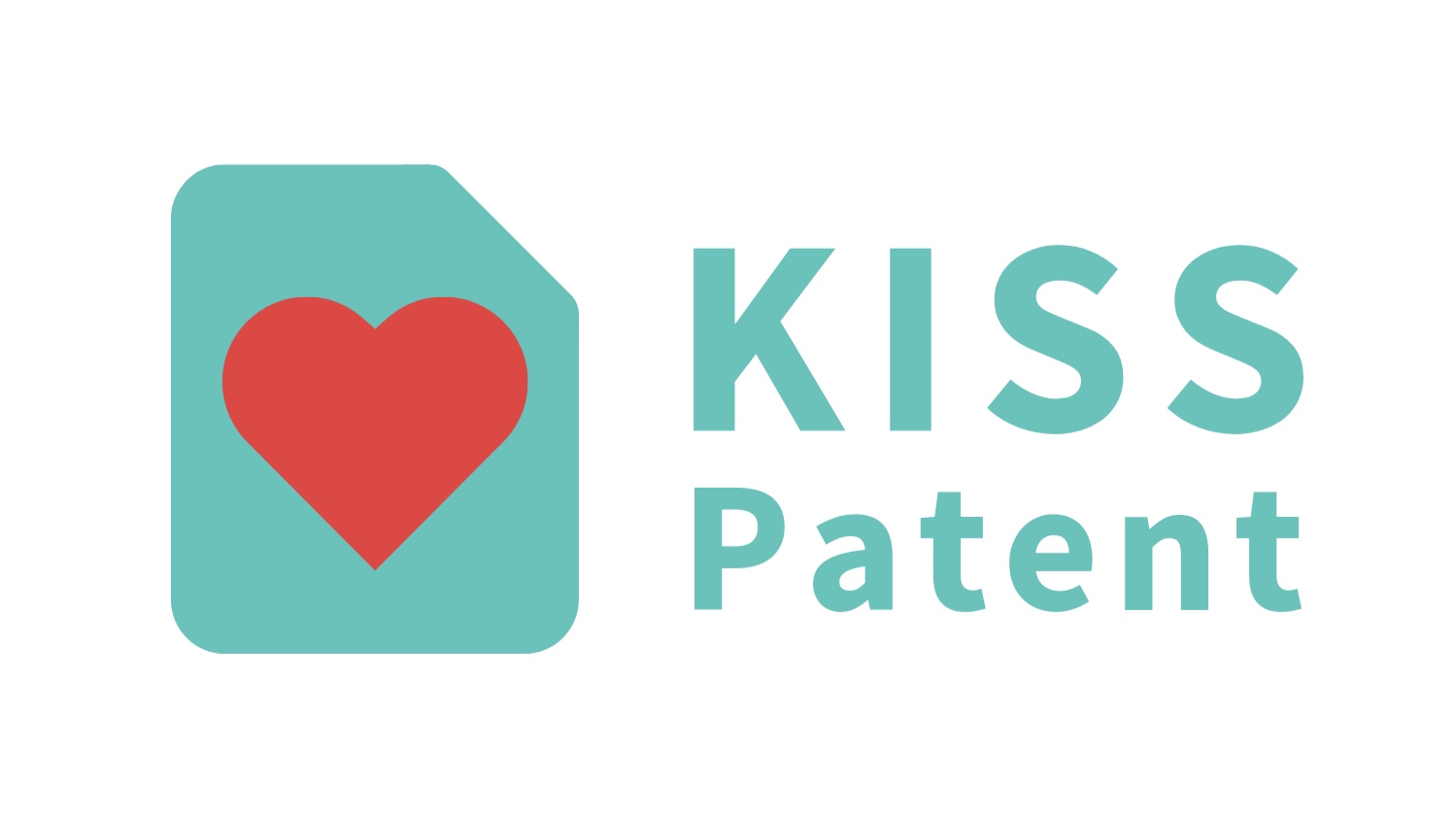An inventor’s road is often long and winding, filled with unexpected surprises along the way—after all, the road less traveled can be quite lonely! Then, factor in creative conflicts with your team, legal drama, and technical problems with your invention, and it’s the perfect storm.
At the eye of the storm is the question of protection for your invention. Patents for entrepreneurs should be your top priority to protect yourself from the storm. If you don’t take steps to protect your idea, you’re unlikely to be able to recover from the fall-out.
What does this mean? As an inventor, you may be inclined to think that your idea is uniquely original, and disregard other similar inventions. But, chances are, someone in the U.S (or world) is likely tinkering away, inventing a product similar to yours. Patents need to get attention early in the process, in order to ensure your invention will be ready to bring to market.
Most inventors are unaware of the rules surrounding patents, and are easily susceptible to committing a patent faux-pas—if you’re looking to catch the eyes of venture capitalists, you can’t afford even one faux-pas.
MISTAKE #1: Your Patent Search
You’ve been toiling away at your invention for months—or even years. You’re sure that your invention doesn’t exist. Or does it?
You type your idea into Google, and see that your idea seems unique. Are you in the clear? Not at all. Unfortunately, conducting a general patent search can lead you astray, as many general patent searches are not comprehensive enough to pick up on similar inventions. You could spend weeks at a time, pouring through every archive on the Internet, but you would need a fair amount of legal knowledge to know how the U.S Patent and Trademark Office clarifies and interprets inventions.
Considering the amount of money you’ve already invested in your invention, you’re better off using a professional patent search service that has the technical knowledge as to whether your invention is unique.
MISTAKE #2: Sales-->Wait Period-->Patent
You’re excited to sell your invention to customers, or even to a large company. So, you decide to wait to pursue a patent until after the initial sales frenzy quiets down.
The U.S Patent and Trademark Office allows for a 12 month grace period for you to patent your invention after it’s been brought to market, sold to another company, or otherwise made public. If you wait beyond the 12 months, you’ll be unable to obtain a patent.
We get it! It’s easy to get caught up in your booming revenue streams, and to forget about your invention’s long-term security. But patents hold the key for your invention’s future security.
Okay, we skipped some information above. There is a work-around to the 12-month filing limit. They’re called provisional patents, and have less formalities than the above process. However, there is one specific (and not insignificant) challenge you may face if you file a provisional patent.
Be prepared for the unexpected innovator's road ahead!
Take our short survey to find out what type of intellectual property is right for your idea!
MISTAKE #3: Inadequate Disclosure of Your Invention
You may have read the above string of words and asked “what?” We’ll explain. Provisional patent applications allow you to file early to essentially hold your “place” for when you follow up with a non-provisional patent application within the year. However, if you are filing a provisional application, you’ll need to be meticulous about disclosing any and all details about your invention. If your invention vastly changes, you may need to file a new application altogether.
It’s hard to play psychic, but there are professional patent strategists available that can provide advice as to when the best time to file would be, based on both experience and your particular invention status.
MISTAKE #4: Disregarding the Potential of a Patent
Patents make your invention attractive to investors. Period.
Despite the big backlog at the US Patent and Trademark Office, which makes the patent process more like a marathon than a short race, the time, money, and effort that you put into a patent application could pay major dividends.
Most companies want to see patents before committing to acquisition. They're even apt to commit if you only have a provisional application. All in all, patents are an investment that pays.
Wondering if your idea is patentable? Have a question about this article? We can answer all of your questions — just hit "contact us" down below!











